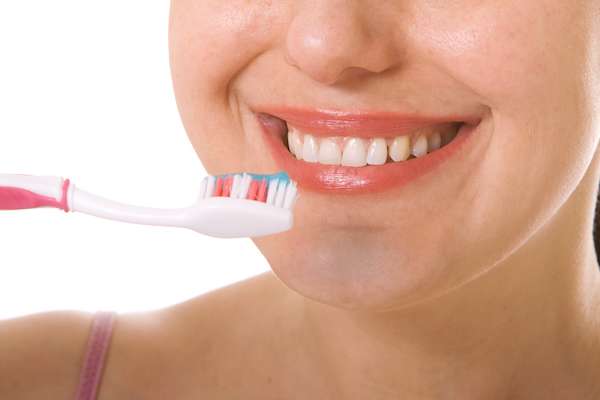 Practicing good oral hygiene basics is the best line of defense against cavities, abscesses and other problems that can plague a person’s mouth. A visit to the dentist can show someone where changes need to be made and help direct improvements in cleaning habits. The following information can more fully explain what needs to happen and why it is so important.
Practicing good oral hygiene basics is the best line of defense against cavities, abscesses and other problems that can plague a person’s mouth. A visit to the dentist can show someone where changes need to be made and help direct improvements in cleaning habits. The following information can more fully explain what needs to happen and why it is so important.
Why are good oral hygiene routines so important?
Allowing debris, acids and other dirt to stay on teeth, especially overnight, allows those bacteria-causing compounds to form tartar and plaque. These things can cause bad breath, minor or more serious cavities and even abscesses. Canker sores can form and receding gums — gingivitis — can be caused by neglecting a regular routine. In addition to the problems it can cause for your mouth, oral bacteria can contribute to heart disease, diabetes, dementia and a host of other general health issues.
What basics need to be done regularly?
When a regular routine of good oral hygiene basics is observed, it can become second nature and need not take a long time. As they say, “You only need to take care of the teeth you intend to keep.” That light-hearted saying holds a lot of truth. The following things should be done daily:
- Brush teeth in a circular motion, front and back, with a soft bristle brush
- Choose a good fluoride toothpaste to help clean and nourish tooth enamel
- The tongue should also be very gently brushed in order to remove bacteria that can cause odor
- Floss well between every tooth with a waxed floss to remove food particles and plaque
- Mouthwash may seem optional, but it can neutralize the acids in the mouth and rinse away any remaining particles
Are there additional ways to prevent damage and cavities?
In addition to conscientiously observing good oral habits, there are other steps that can be taken. People should avoid crunching on hard candies and suckers, things like peanut brittle or toffee and even ice cubes, as these things can crack or break otherwise healthy teeth. Sticky and chewy foods like stiff caramel can loosen fillings, allowing bacteria inside the tooth. Acidic foods and sodas should be followed with a rinsing of the mouth. Care should also be taken to avoid biting non-food items such as paper clips or pencils.
Is visiting a dentist important even if teeth are kept clean?
In the absence of obvious dental problems, it is still a good idea to visit a dentist twice a year for routine checkups. A full panel X-ray can provide clear images of things going on in the roots of the teeth. Since it is possible to have a tooth go bad for reasons other than hygiene and maintenance, such as genetics and heredity, it becomes very important to check. Regular cleaning by a dental technician can help prevent issues, especially just below the gum line, and whitening can help teeth look more attractive.
Check out what others are saying about our dental services on Yelp: Oral Hygiene Basics in Franklin, IN.
Conclusion
Oral health is not to be neglected and can make the difference when it comes to overall health. Thorough attention to oral hygiene basics can help ensure a healthier and more confident smile.
Request an appointment or call Cedar Lane Family Dentistry at 317-736-7476 for an appointment in our Franklin office.
Related Posts
If you want to align your teeth discreetly, you have probably noticed the many options at your disposal, two being Invisalign® and lingual braces. While both options share some similarities, they also have significant differences for you to consider.One of the most significant differences between the two appliances is appearance. Invisaline is virtually invisible, using…
Invisalign® aligners offer a discreet and convenient alternative to traditional braces. These aligners allow individuals to straighten their teeth without the hassle of wires and brackets. However, as with traditional braces, it is important to properly care for them to ensure their effectiveness and longevity throughout your treatment. Here are some essential tips to help…
A cosmetic dentist focuses on the appearance of a patient’s smile, while a general addresses oral health and function. Though their priorities differ, both play important roles in maintaining the smile. Understanding these differences helps patients determine which type of care matches their needs.A general dentist is a primary care provider for oral health who…
